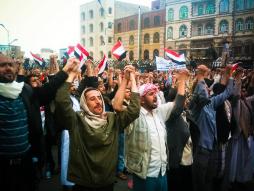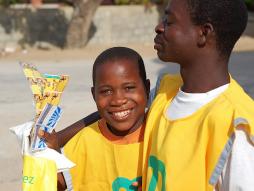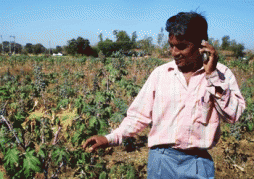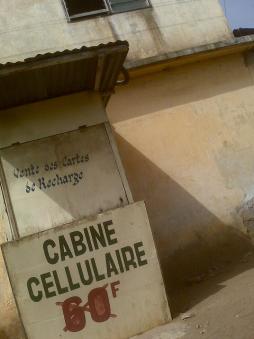The fourth FAILfaire, this time in New York City on December 14th, will be an evening dedicated to those tech and mobile projects that were designed to have a social impact but instead crashed, burned, and FAILED. FAILfaire NYC is presented by MobileActive.org and hosted by the U.S. Fund for UNICEF, with participation from UNICEF's Innovation Unit.
If you do not know about Failfaire, here is some background: Launched in early 2010, there have now been three FAILfaires, events designed to provide a platform for those working in online and mobile technology for social change to openly, honestly (and humorously) discuss our own failures.
As noted in the New York Times’ piece on FAILfaire, “Technology’s potential to bring about social good is widely extolled, but its failures, until now, have rarely been discussed by nonprofits who deploy it.” Well, FAILfaire is changing that, and is doing so in style. The format is informal, the discussions are rich, and the refreshments are adult and, well, refreshing.
Slate.com wrote that FailFaire “...[isn’t] about celebrating failure just for the sake of failure, but about taking lessons from each mistake and using them to create more efficient, economical, and accessible projects that could have a greater effect on a community.” We couldn’t agree more!
To join us, please RSVP here, as the event will fill up quickly.
If you like to be considered as a presenter for the next FAILfaire, go to failfaire.org and submit a note about your failed project and what we can learn from it.







